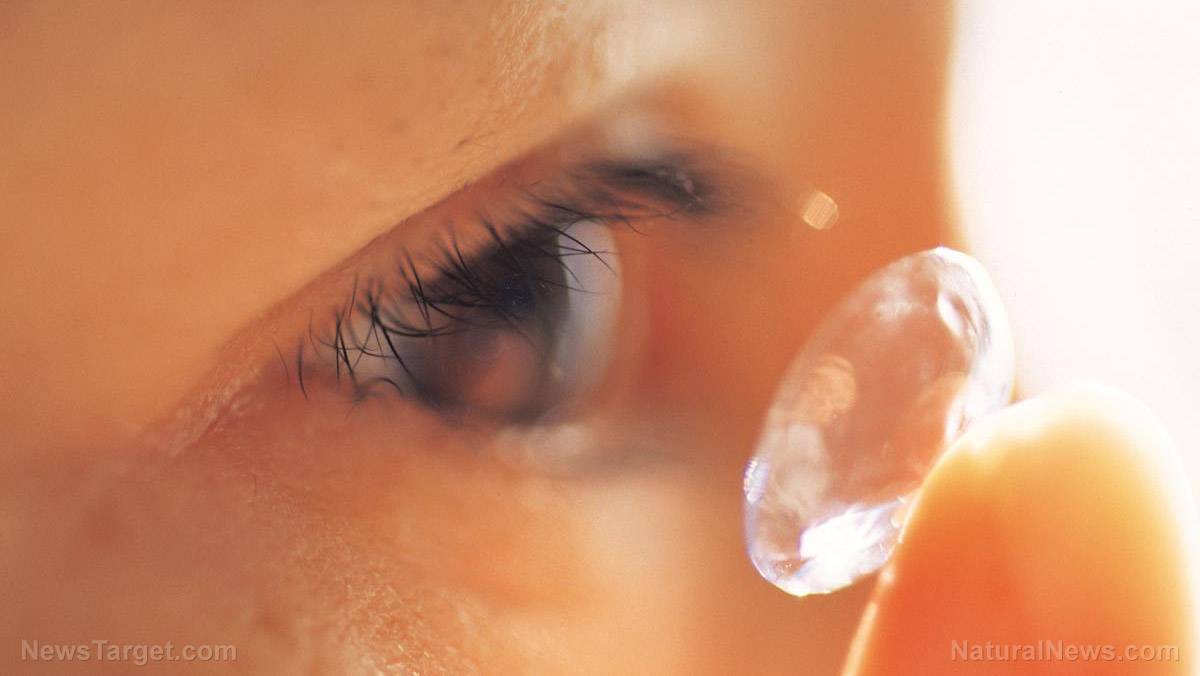Post-exercise chemicals found to inhibit the growth of breast cancer tumors
08/21/2018 / By Frances Bloomfield

Regular exercise has numerous health benefits, including decreasing the risk of various diseases. One of these is breast cancer, the exact mechanism of which has been uncovered by researchers from the University of Copenhagen. Exercise that leads to elevated heart levels and heavy breathing stimulates the production of catecholamines, which in turn inhibits breast cancer growth, the team reported.
To come to this conclusion, the researchers collected blood samples from 27 volunteers: 20 women undergoing post-surgery adjuvant chemotherapy for early-stage breast cancer, and seven healthy women. The volunteers were sampled 15 minutes before and after two hours of moderate to intense exercise. The serum obtained from the blood samples were then injected into experimental mice that had been implanted with human breast cancer tumors.
Following this, only 45 percent of the mice exposed to the post-exercise serum developed tumors. Of a control group that had not been injected with the serum, 90 percent of the mice developed tumors.
The researchers identified the catecholamines epinephrine and norepinephrine as the substances behind the anti-tumor activity. “Both epinephrine (EPI) and norepinephrine (NE) could directly inhibit breast cancer cell viability, as well as tumor growth in vivo,” the researchers wrote in their study. They further noted that elevated levels of both substances affected the Hippo signaling pathway, which has been linked to cell proliferation and cell death.
“It is important to highlight that exercise training and epinephrine did not completely prevent tumor formation, but induced a 50 percent reduction,” said senior study author Pernille Hojman of the University of Copenhagen. “Thus, exercise training can never replace anti-cancer therapy, but could be an effective supportive strategy, which in addition to the biological effects, also has been shown to increase the patients’ quality of life and sense of empowerment.” (Related: Vigorous Activity Lowers Risk of Breast Cancer in Women.)
The effects of exercise on cancer
Physical activity has demonstrated numerous positive health impacts on several kinds of cancer, not just breast cancer. According to Cancer.gov, these effects include but aren’t limited to:
- Decreasing the levels of hormones like estrogen and insulin, the elevated amounts of which have been linked to the development and progression of breast and colon cancer. In fact, women who are more physically active after menopause can decrease their risk of breast cancer far better than women who aren’t as active.
- Preventing obesity and lowering the harmful effects that come with it, most notably insulin resistance. This is made even more likely with the presence of intra-abdominal fat, or fat deep within the abdomen. This is considered to be a risk factor for both cancer and high cholesterol.
- Reducing inflammation, particularly chronic inflammation. This condition damages deoxyribonucleic acid (DNA) over prolonged periods of time and can eventually lead to cancer. For example, inflammatory bowel diseases such as Crohn’s disease and ulcerative colitis greatly increase the risk of colon cancer.
- Improving the health and function of the immune system, the human body’s primary line of defense against infections and diseases.
Conversely, a sedentary lifestyle is believed to be a major risk for cancer and many other chronic health conditions.
How much exercise is best?
The amount of exercise recommended for adults is at least 150 minutes of moderate-intensity aerobic exercise, 75 minutes of intense aerobic exercise, or a combination of the two every week. Examples of moderate-intensity exercise include brisk walking, water aerobics, cycling at less than 10 miles an hour, tennis, ballroom dancing, and general gardening. Vigorous exercise would encompass aerobic dancing, jumping rope, uphill hiking, swimming laps, singles tennis, and jogging.
To read up on more stories about how you can minimize your risk of developing cancer, simply go to AntiCancer.news today.
Sources include:
DailyMail.co.uk
CancerRes.AACRJournals.org
Cancer.gov
Tagged Under: breast cancer, cancer, disease prevention, exercise, fitness, longevity, physical activity, research, slender



















